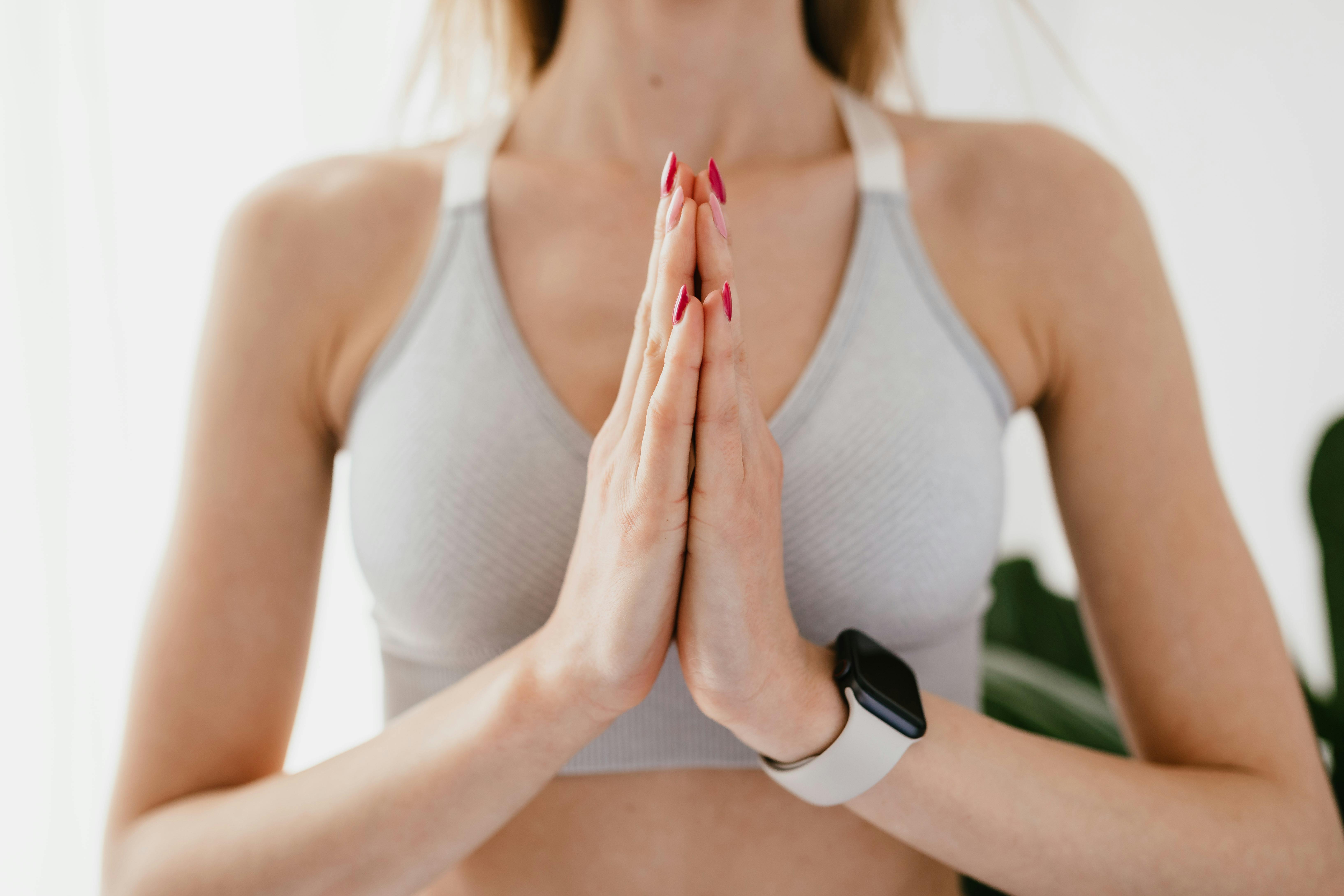Whether you have a physically demanding job, lead a hectic lifestyle, or spend all day anchored in a chair at an office desk, we all understand the importance of getting a good night’s sleep. Rest replenishes our mind and body and is necessary for healthy functioning. It helps regulate our mood, improves our memory and strengthens our learning abilities.
However, for many of us, getting a good night’s sleep is often easier said than done, as our daily lifestyles don’t always allow us the time needed for optimal rest. For this reason, we have developed a quick and easy guide to help everyone enjoy a more adequate sleep at bedtime.
Delving into the science behind sleep reveals that it is largely controlled by biological rhythms, known as circadian rhythms, which play an important role in determining our sleep patterns. These rhythms, in turn, are governed by our body’s master clock, which is responsible for producing melatonin, a hormone that makes us feel drowsy and helps lower body temperature.
Understanding the mechanics behind sleep has allowed us to create a list of things we can all do on a daily basis to help promote more effective sleep:
- Get some exercise at the beginning of your day. – This helps to strengthen your body’s cortisol rhythm, which is highest during the early hours of the morning. Cortisol is an important hormone that activates the body’s anti-stress and anti-inflammatory functions.
- Expose yourself to sunlight – our skin contains photoreceptors that help balance the levels of serotonin and melatonin in our body
- Adjust smartphone brightness levels – activate night settings on your smartphone that lower screen brightness levels at night
- Install the f.lux app F.lux App (https://justgetflux.com/) – Displays found in all modern electronic devices such as televisions, computers, tablets, and smartphones emit blue light, creating melatonin deficiencies that inhibit the ability to your body for REM. sleep (the stage in which we dream)
- Consumption of food and alcohol – Before going to bed, stay away from all snacks and drinks that raise your blood glucose levels. This means that there is no sugar or alcohol.
- Have a regular nighttime routine – If you have young children, you will understand how important it is for them to have an established routine that helps them fall asleep at night. Adults are the same. If possible, go to bed at 10 o’clock. Put on soothing music, read a novel, or enjoy some other relaxing activity to help you get ready for nap time.
- Make sure your room is not too hot or too cold – the temperature of a room affects your ability to sleep. For most, the optimal bedroom temperature is between 16 and 20 degrees Celsius. Those who choose to set the temperature outside of these suggested limits using a thermostat run the risk of hampering their sleep, especially REM sleep.
- Use a foam roller or therapeutic pillow. – Foam rollers are a great way to massage your body before bed, while therapeutic pillows provide a number of benefits including increased comfort, better breathing, circulation, better spinal alignment, and more.
- Use window blinds – in addition to having a comfortable room temperature when you are about to fall asleep, your bedroom should also be adequately dark. Blinds or even sleep masks are a good idea, especially for those who work night shifts and need to sleep during the day.
- Sleeping naked – Sleeping without clothing or in loose-fitting nightwear helps with lymphatic drainage, a process that can help reduce headaches, swelling, and pain and can also promote healing in postoperative or postoperative body tissue. In addition, lymphatic drainage also helps the body to relax.
